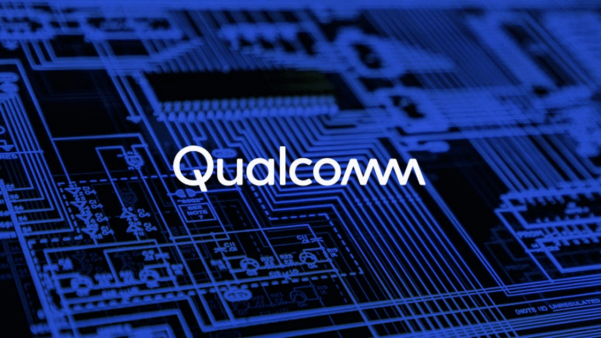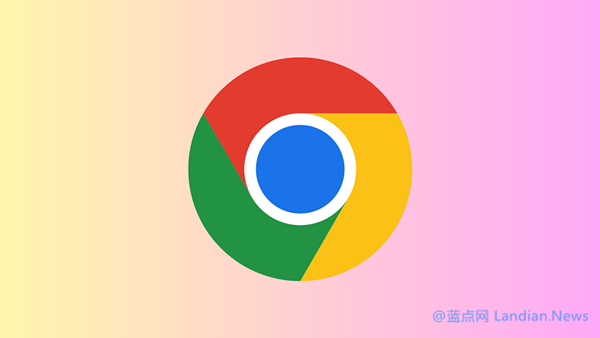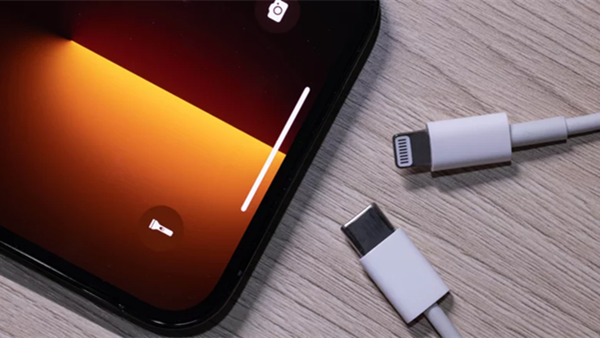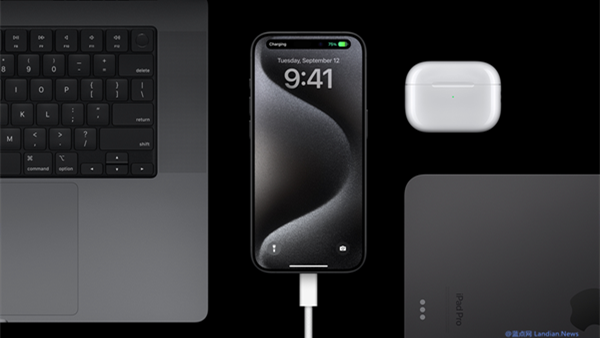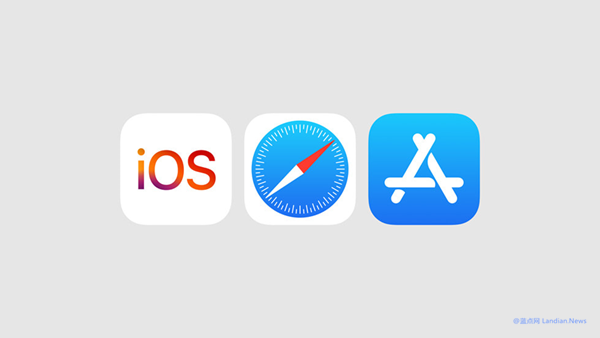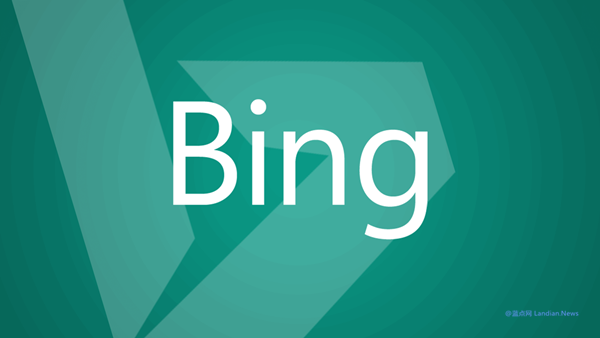Corning Proposes Dropping Exclusive Deal Terms to Resolve EU Antitrust Investigation
Earlier, Corning, a manufacturer of glass for smartphone and tablet screens, was subject to an antitrust investigation by the European Union. The investigation focused on Corning's anti-competitive exclusive supply agreements with smartphone manufacturers and companies processing raw glass sheets, which stipulated that partners primarily use Corning's products over those of its competitors.
Corning's products dominate the market in this sector, with most high-end smartphones and tablets using Corning glass. This allows Corning to leverage its technological and market advantages for anti-competitive practices, thereby suppressing competitors and undermining free market competition.
In light of this, the EU launched an antitrust investigation to address illegal monopolistic practices in the screen glass sector. The EU press release stated that Corning's actions reduce customer choice, increase prices, and stifle innovation, harming the interests of consumers worldwide.
Corning responded promptly to the EU investigation, and from the terms disclosed so far, it appears Corning largely agrees with the EU's allegations. The solutions and terms proposed by Corning are aimed directly at addressing the EU's concerns.
Corning's proposed resolution includes:
- Abandoning all exclusive dealing clauses in its agreements.
- Not requiring smartphone manufacturers to purchase alkali-aluminosilicate (AS) glass exclusively from Corning.
- Offering the same price advantages regardless of whether or not alkali AS glass is purchased from Corning.
- No longer requiring smartphone manufacturers and raw glass processors to purchase at least 50% of their demand from Corning.
In an official press release, Corning stated it remains committed to complying with all applicable rules and regulations in the jurisdictions where it operates. As part of this commitment, Corning will continue to work with local regulatory authorities to ensure open discussion and cooperation.
It's important to note that Corning's proposal does not mean the EU will automatically drop its antitrust investigation. Instead, the European Commission will allow a six-week period for third parties to submit any feedback.
The EU will decide whether to continue its antitrust investigation into Corning based on the feedback from stakeholders. If Corning's proposals are accepted by the EU, the terms of these proposals will need to be maintained for 9 years.
Should the EU ultimately decide to proceed with an antitrust investigation against Corning, EU regulations allow for a penalty of up to 10% of Corning's global annual revenue from the previous year. With Corning's global revenue totaling 12.6 billion in 2023, the EU could potentially issue a fine of up to approximately1.3 billion.


